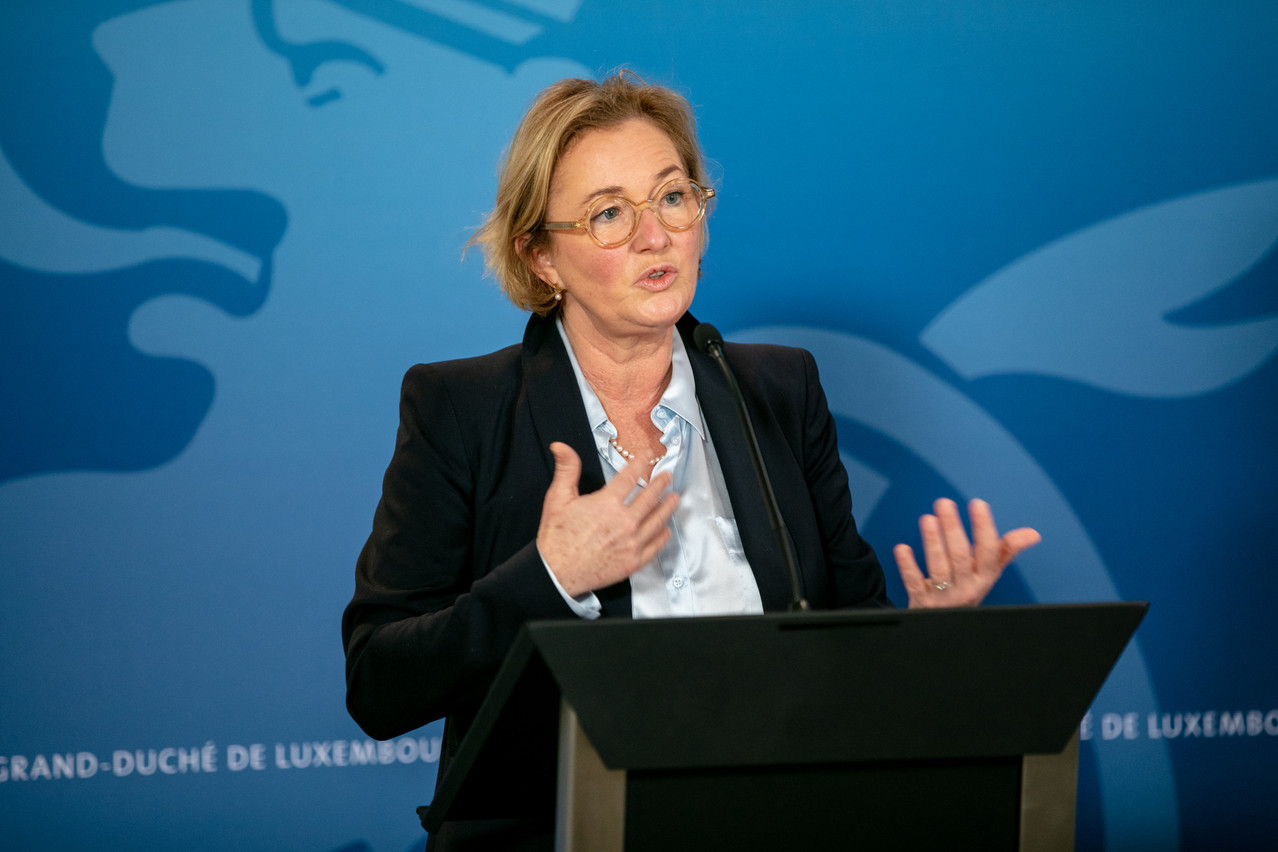Luxembourg in May last year launched large-scale testing (LST) with thousands of invitations sent out daily to residents and cross-border workers with the aim to limit and by identifying positive cases early.
But the country is now moving away from this system, Lenert (LSAP) said during a press conference on 11 August. The government council--a gathering of all ministers--approved a revamped covid-19 test scheme for the last quarter of the year on 23 July.
Under the new scheme, non-vaccinated people including young adults (ages 12 to 18) and children who cannot yet get vaccinated (ages 4 to 12) will be more closely monitored through rapid antigen testing, together with high risk and vulnerable groups. PCR testing will target covid clusters, for example in schools or care homes. In case of an exponential growth in positive cases, the government may relaunch more widespread testing of the general population.
The health minister also urged people to get vaccinated. “Every dose counts,” Lenert said. Around a quarter of the population aged 12 or over (27.6%) has not received a vaccination dose yet. Around two thirds (67.5%) are fully vaccinated.
A third vaccine dose will be made available for at-risk groups, such as people with impaired immunity, via the guichet.lu website. Luxembourg’s infectious diseases council (CSMI) is deliberating on a third dose for the elderly, but no decision has been made.
, people who received the AstraZeneca and Johnson & Johnson vaccines will be offered booster shots with Pfizer or Moderna. No such plans are envisaged yet in Luxembourg. Infections among vaccinated people will be evaluated to determine if there is a noticeable trend for any particular vaccine, said chief medical officer Jean-Claude Schmit.
As doctor’s offices take over in the inoculation drive, vaccination centres will close. So far, 189 doctors have signed up to administer vaccine shots in their practices. The list of doctors participating in the vaccination campaign can be consulted on the .
The Luxexpo the Box, Mondorf and Ettelbruck vaccination centres will close on 14 August, followed by Findel/LAR on 21 August. The centre in Esch will remain open until 11 September and the Victor Hugo centre in Limpertsberg will operate until 13 September with the option to stop by without an appointment from 30 August.
The health ministry this month launched a vaccination bus, offering vaccine jabs without appointment. The bus stops at music festivals and other events. Some 110 people were vaccinated at the e-Lake festival in Echternach over the weekend.
“The goal is to convince people to be vaccinated, and informing people is already a big success. Perhaps by being informed, people will book an appointment with a doctor even if they weren’t vaccinated on-site,” Lenert said adding that “we will continue with this type of information format” to bring vaccinations “closer to the public”.
The bus also targeted healthcare workers, stopping at hospitals and care homes, where 300 people got jabbed. But Lenert said the government does not have a position yet following the news that the Centre Hospitalier de Luxembourg (CHL) will . “This is a possibility stipulated in work contracts and understandable in the context of hospitals,” the minister said, adding that the government would discuss the matter this week. The grand duchy has so far not made vaccination mandatory but could issue a recommendation for healthcare workers to get jabbed.
Luxembourg on 1 August launched a pilot project to treat patients suffering from so-called long covid. So far, 89 people have signed up, Lenert said, mostly women (around a third) and people in their forties (an average of 47 years). She urged the public to take advantage of this opportunity and receive help through this 6-month programme.
The European Centre for Disease Control and Prevention currently lists Luxembourg in 11th place of its infection table for the EU at 177.45 infections per 100,000 inhabitants over a 14-day period. Cyprus tops the list at 1,241.77 cases. Belgium (186,94) and France (414.27) count higher infection rates than Luxembourg while Germany’s (32.32) is substantially lower.
